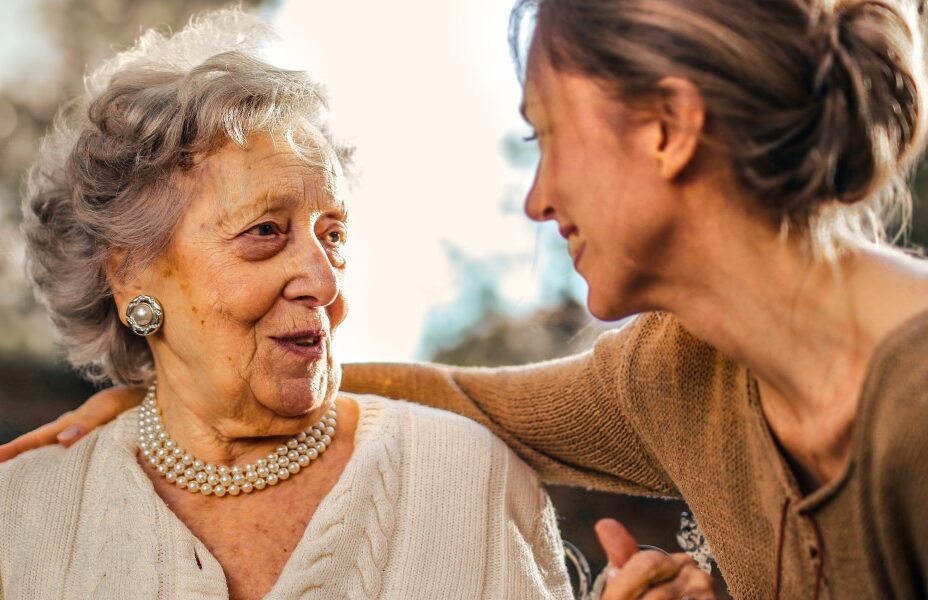FAQs
End of Life Care Frequently Asked Questions
How will the carers know what care and support to give?
We write a holistic and person-centred care plan for each individual we support. This describes in detail every aspect of the client’s needs – including what they can eat and drink, their medication and how it is administered, and how any equipment provided to assist with safe moving and handling should be used. The plan includes spiritual or religious needs. Our care plans are very detailed, so nothing is overlooked.
How do I get help with funding to pay for end of life care?
There are several ways of accessing funding for care. The first is Attendance Allowance, which is not means tested and has two different weekly rates, depending on the level and complexity of help needed. It requires you to fill out a lengthy document, which needs to be signed by your GP, but it is quite straightforward. More information about Attendance Allowance is available on the government website. Additionally, there are means-tested benefits provided by social services, which require a financial assessment but do provide additional support to those relying on a basic pension.
The NHS also provides funding for continuing healthcare, if you are assessed as having a primary physical or mental health care need. This can be fast-tracked if you have urgent needs on returning home from hospital. More information is on the NHS website.
It may also be possible to get additional funding quickly through terminal illness benefits, if a medical professional has stated you may have less than six months to live. This may, for example, help to fund a carer throughout the night. More information on is available on Gov.uk.
How does SweetTree fit in to the other care services that my loved one will be receiving?
We work very closely with GPs, district nurses, palliative care nurses and other professionals such as Occupational Therapists. Our carers all have social care qualifications and training, they achieve the nationally-recognised Care Certificate, which defines the knowledge, skills and behaviour necessary for the role. They are also trained to administer medicines safely. However, if our managers feel a qualified nurse or GP is needed to meet a particular need, they will liaise with the relevant medical professional. We constantly communicate and share information to ensure the individual and their family understand the different roles, what is happening and what to expect. If an individual has a specific need, such as PEG feeding or a colostomy bag, their carer will receive specific training to ensure they can confidently provide the support needed.
Will my loved one be in pain and how will their carers manage their pain?
Family members are often most afraid about their loved one being in pain and how they can help. Our carers – and all the medical professionals involved in caring for the individual – are very attentive and experienced in assessing pain and managing symptoms. GPs will prescribe painkilling drugs and provide clear guidance so the nursing team or carers are able to administer them when needed. Most people receiving palliative care can be supported just as well at home as in a hospice or hospital and pain management is an essential part of that support.
My loved one wants their pet to be with them in the bedroom during their final months, is that possible?
Absolutely. This is something we can write in an individual’s care plan and if they want their dog or cat to sleep on the bed with them, that is fine. We have cared for many individuals whose beloved pet was central to their wishes and their emotional wellbeing.











